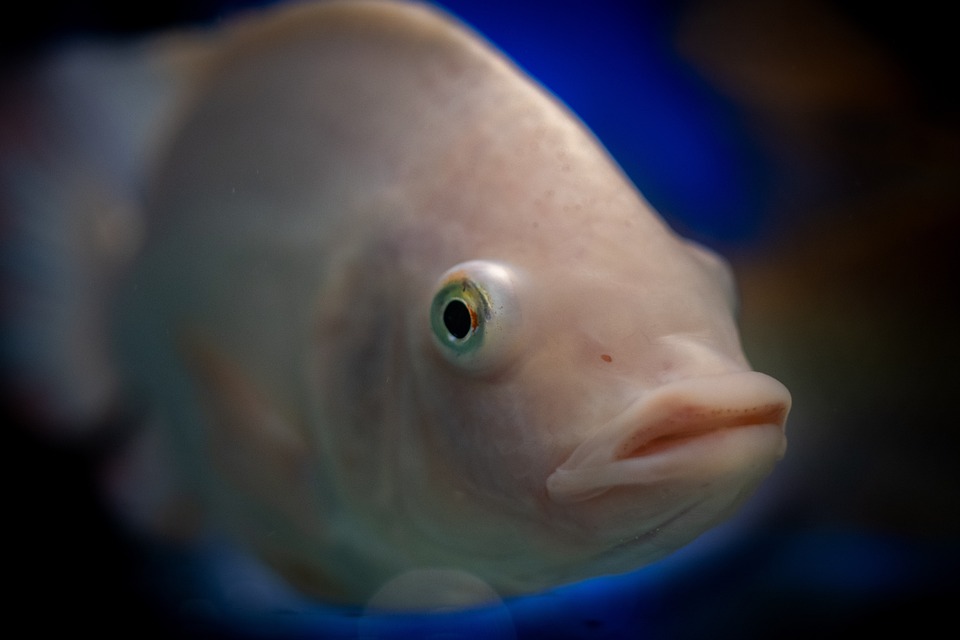Fish health is a crucial aspect of aquaculture, and understanding various aspects of fish health, including sleep patterns, is essential for maintaining thriving fish populations. A groundbreaking study has recently shed light on the sleep patterns of disease-resistant fish, providing valuable insights into their overall well-being. This article will delve into the key findings of this study and explore the importance of sleep for fish health.
The study began with a background on the importance of sleep in overall health and well-being. Sleep is a restorative process that allows the body to repair and rejuvenate itself. In humans and other mammals, sleep has been extensively studied, but little is known about sleep patterns in fish.
The objectives of the study were to investigate sleep patterns in disease-resistant fish and understand the relationship between sleep and disease resistance. The researchers used a combination of behavioral observation, electroencephalogram (EEG) recordings, and genetic analysis to study the sleep patterns of disease-resistant fish.
The key findings of the study revealed that disease-resistant fish exhibit regular sleep patterns characterized by periods of decreased activity, reduced responsiveness to stimuli, and changes in brainwave patterns. These sleep patterns were different from those observed in mammals, suggesting unique sleep characteristics in fish.
The significance of sleep for fish health was explored in the next section of the article. Sleep is a restorative process that allows the body to repair and regenerate itself. In fish, sleep has been found to play a crucial role in immune system functioning, stress management, and cognitive development.
Sleep has been linked to the functioning of the immune system in fish. Adequate sleep enhances immune responses and helps fish resist diseases. Sleep also plays a crucial role in managing stress levels in fish. Sleep disruptions can lead to increased stress levels, making fish more susceptible to diseases.
Furthermore, sleep is essential for cognitive development in fish. It has been found to improve learning and memory consolidation, enabling fish to adapt to their environment more effectively.
The article then addresses frequently asked questions about understanding sleep patterns in disease-resistant fish. It explains that fish do sleep, although their sleep patterns differ from those of mammals. Fish do not have rapid eye movement (REM) sleep, and their sleep is characterized by reduced activity and altered brainwave patterns.
The study was conducted using a combination of behavioral observation, EEG recordings, and genetic analysis. The researchers studied a specific species of disease-resistant fish and had a substantial sample size to ensure the reliability of their findings.
The main findings of the study revealed insights into sleep duration and frequency in disease-resistant fish. The researchers also found a positive correlation between sleep and disease resistance, suggesting that adequate sleep contributes to the overall health and well-being of fish.
Sleep disruptions can have significant implications for fish health. They can increase the susceptibility of fish to diseases, impair growth and development, and lead to increased stress levels.
To improve sleep conditions for fish, fish farmers can take several measures. Maintaining optimal water quality, providing sufficient hiding spaces, and regulating light and noise levels can help create an environment conducive to healthy sleep for fish.
In conclusion, understanding the sleep patterns of disease-resistant fish is a groundbreaking development in the field of fish health. The study highlighted the importance of sleep for fish well-being, emphasizing its role in disease resistance, stress management, and cognitive development. By considering the findings of this study, fish farmers and aquaculture experts can implement strategies to optimize sleep conditions for fish, ultimately promoting their overall health and productivity.









